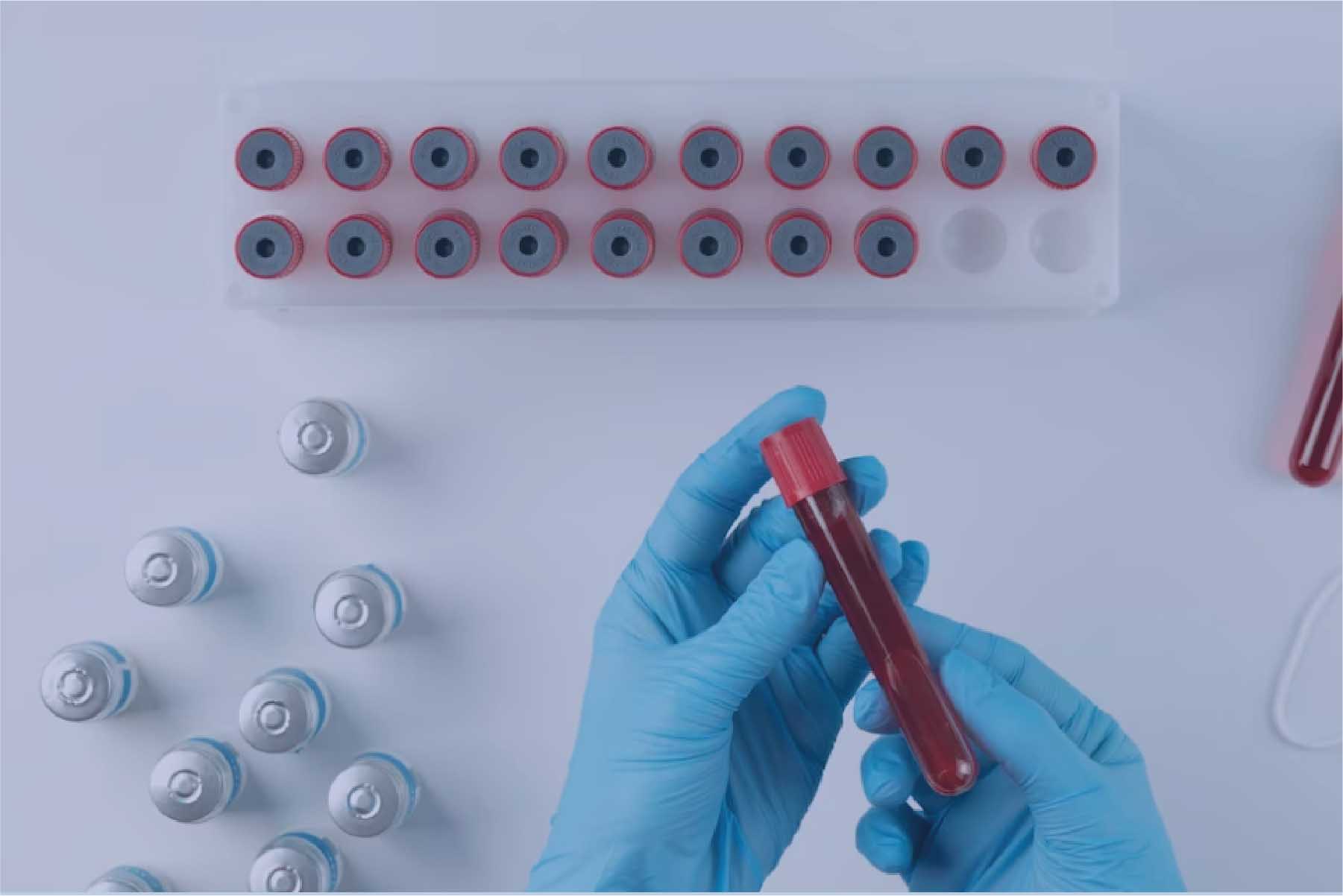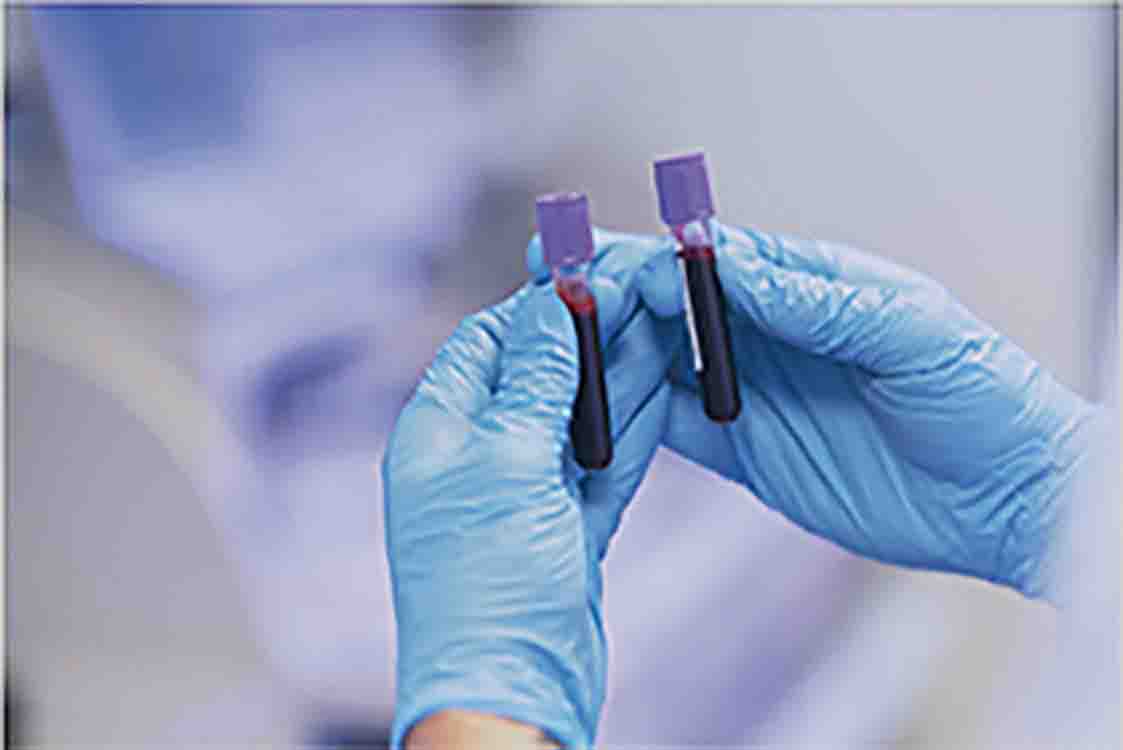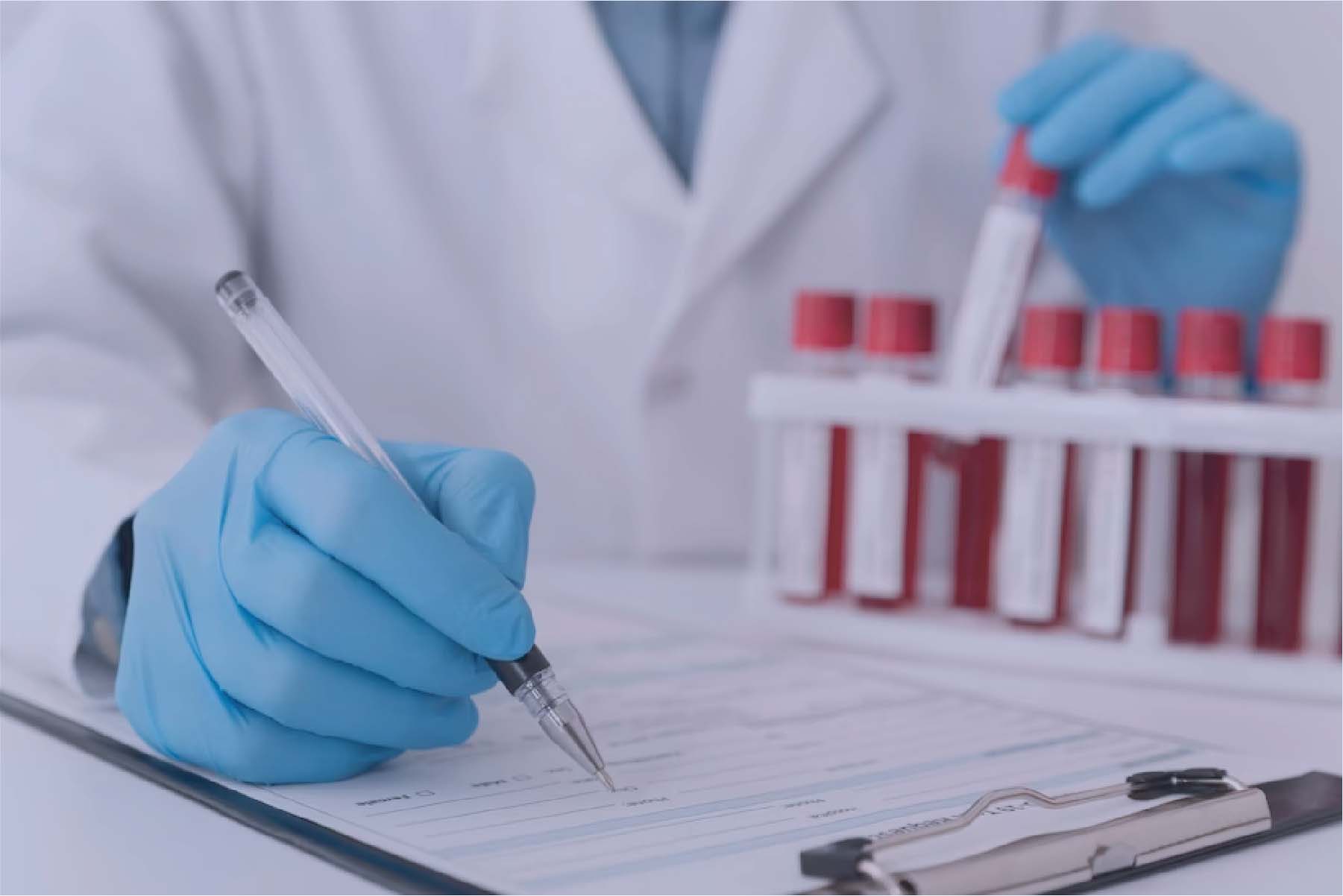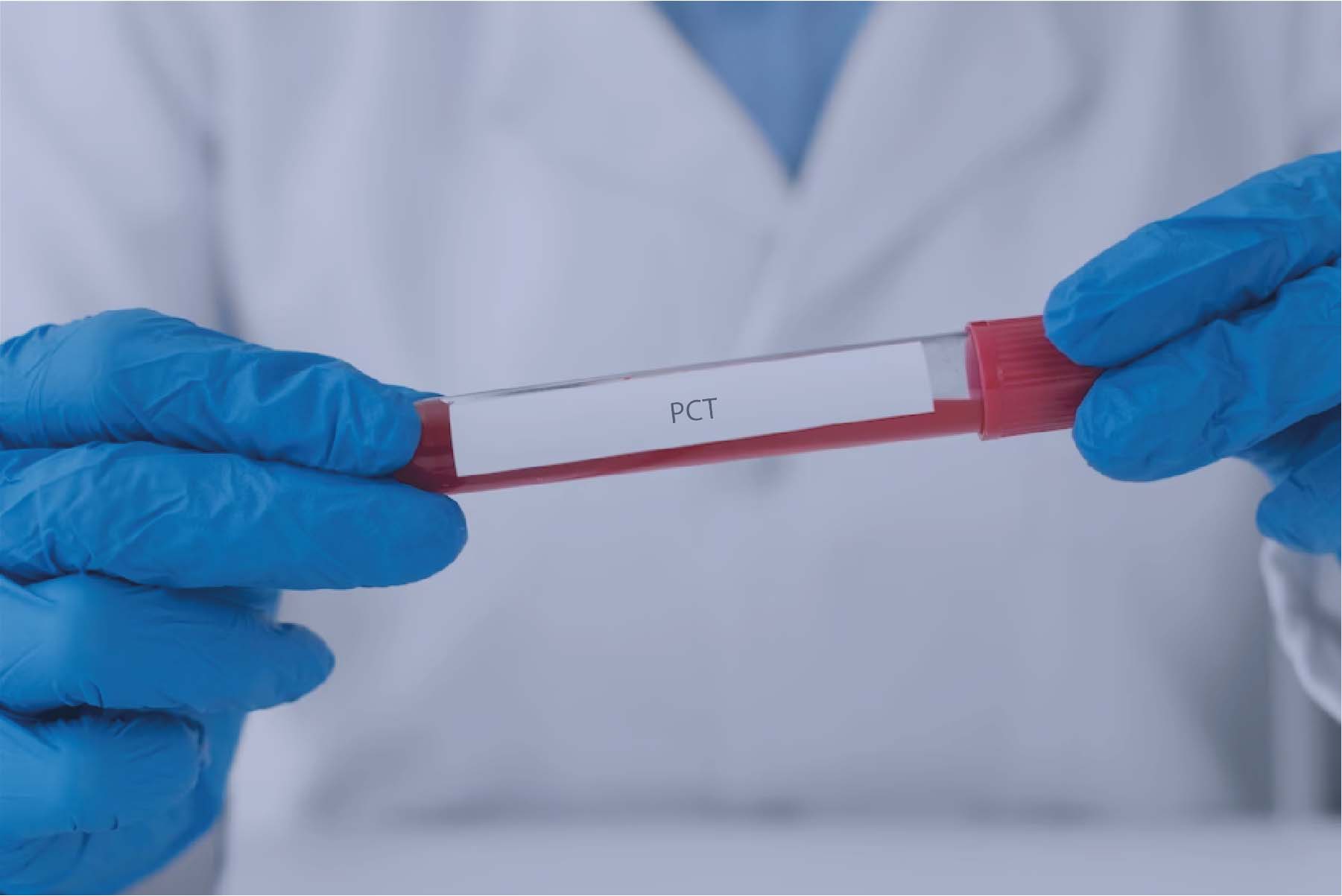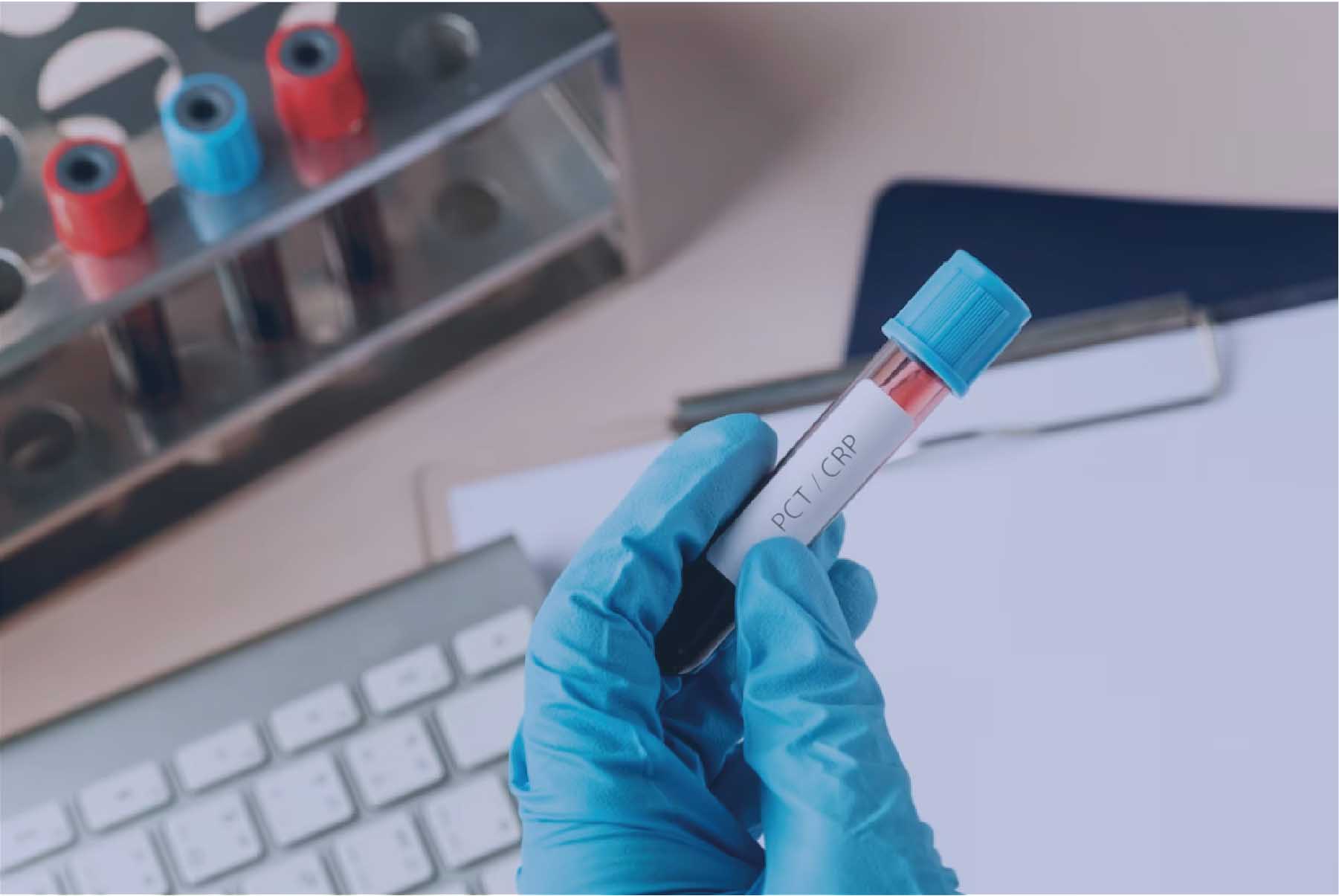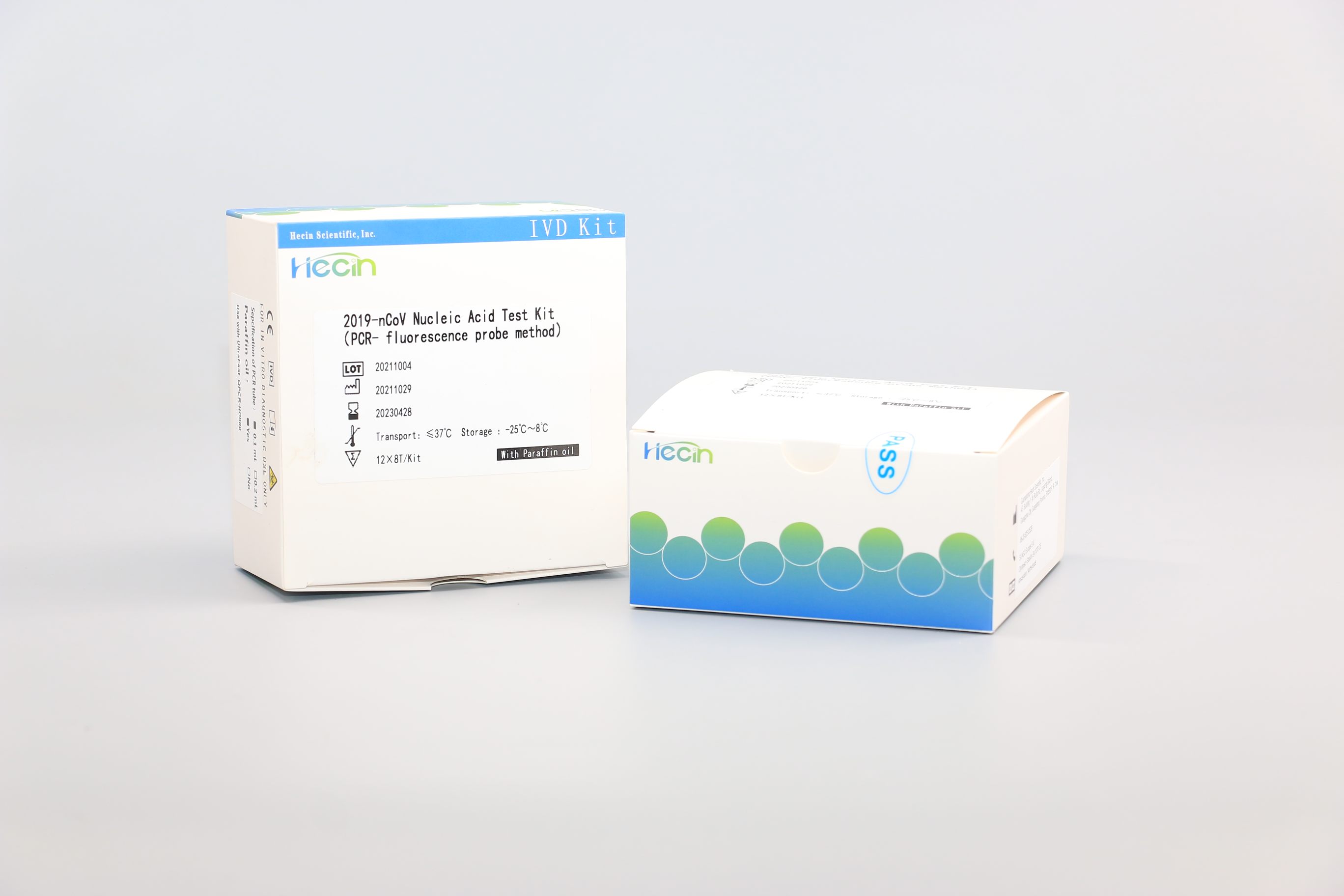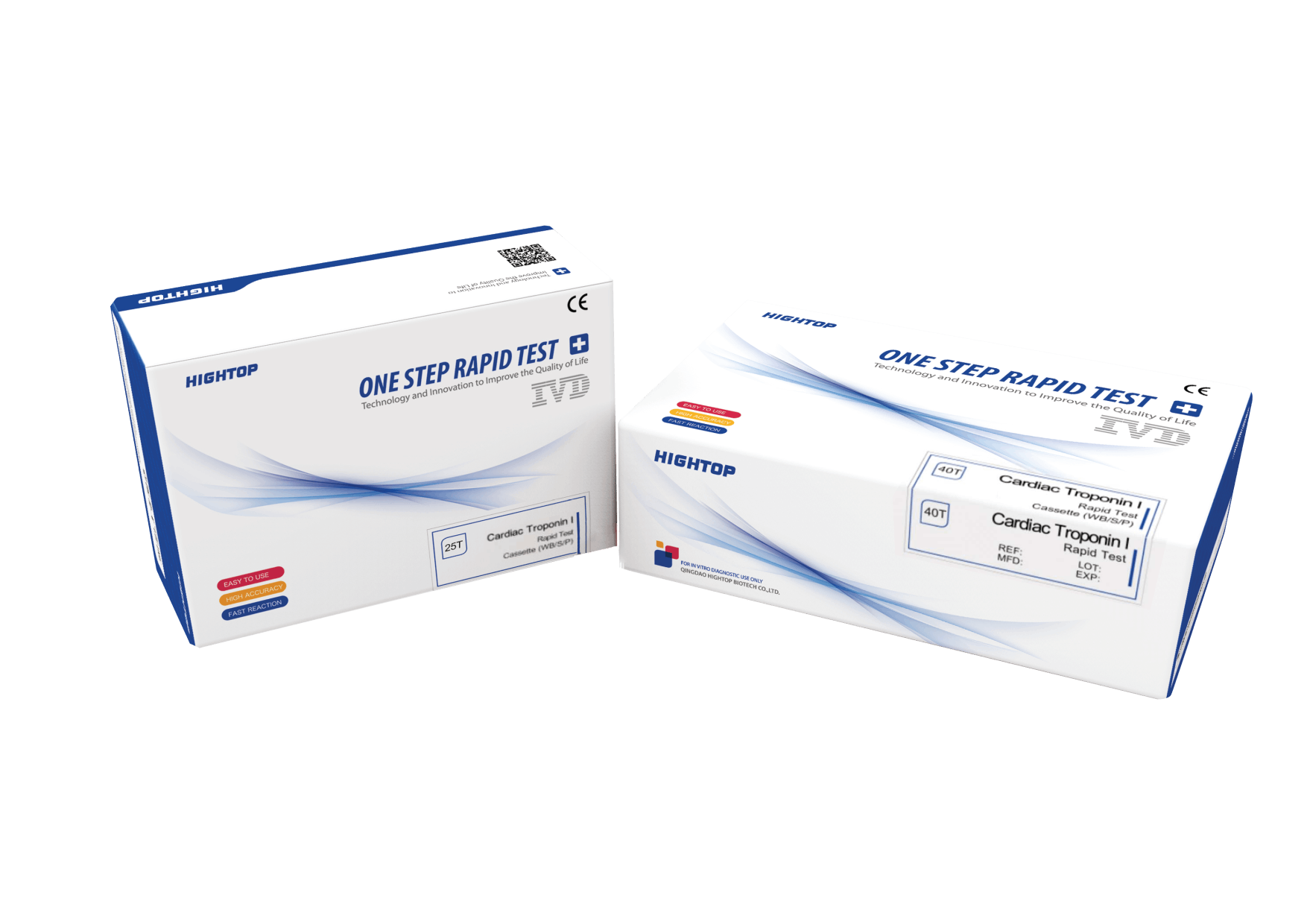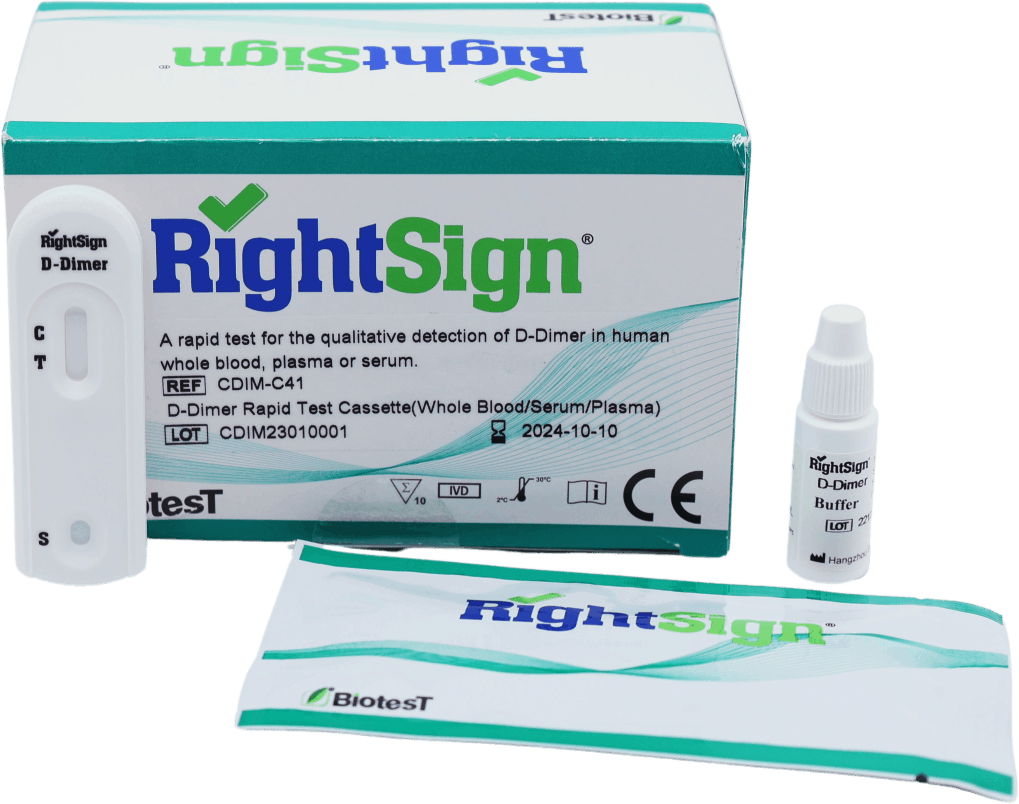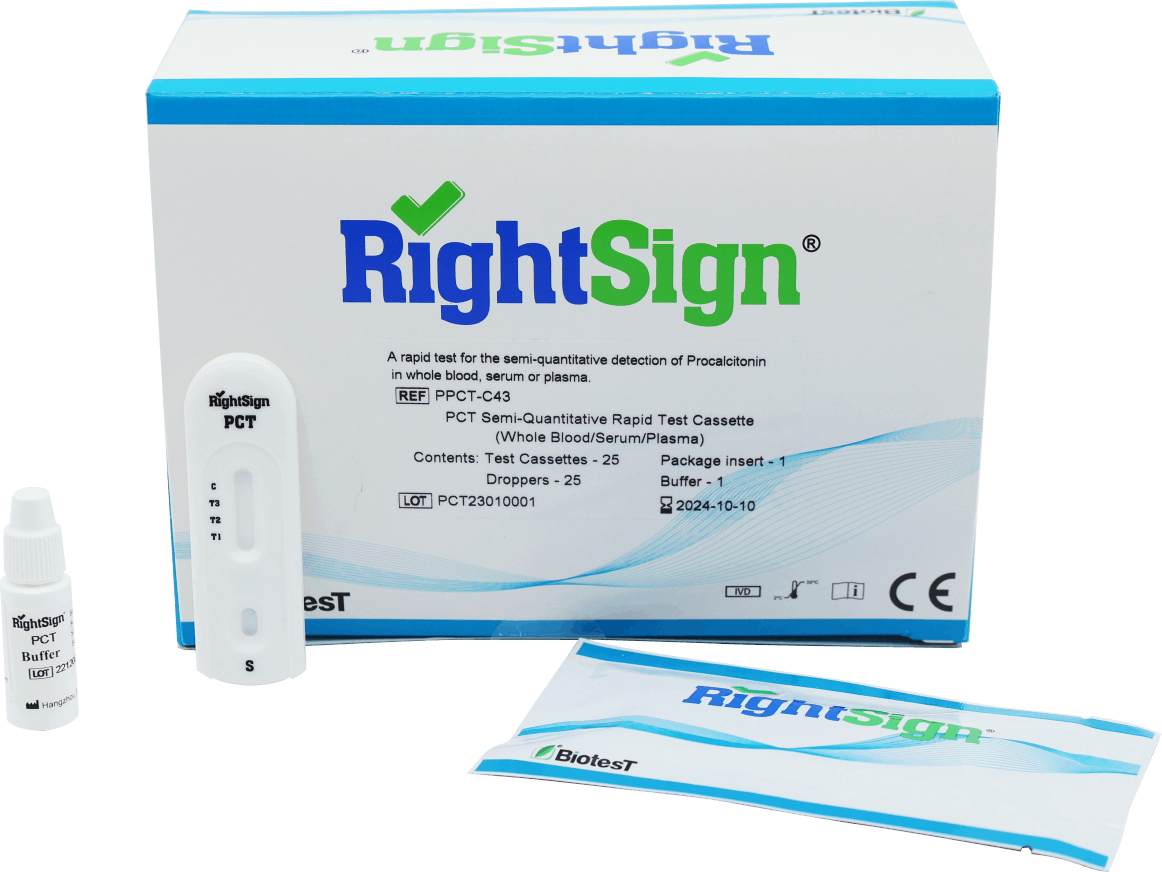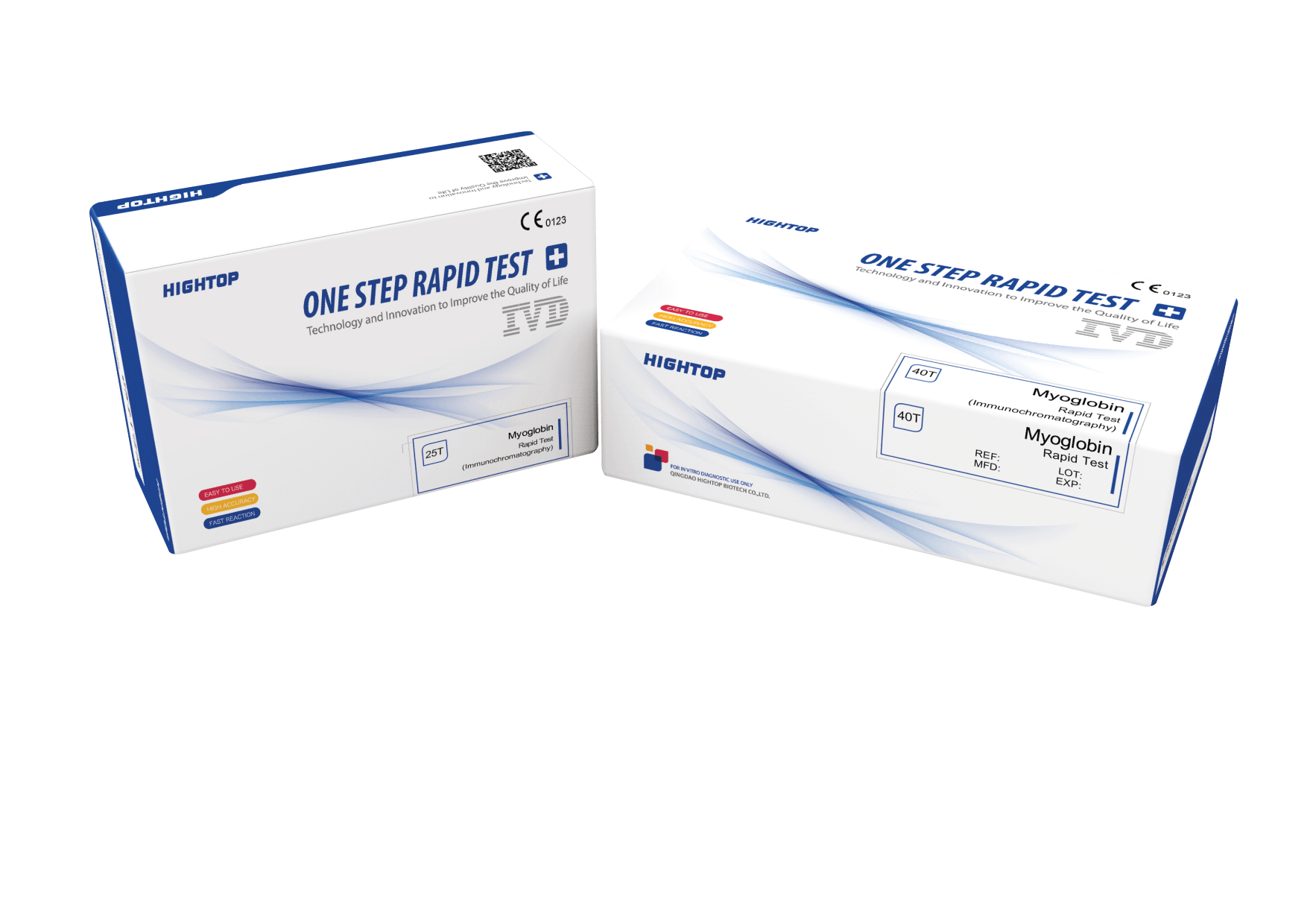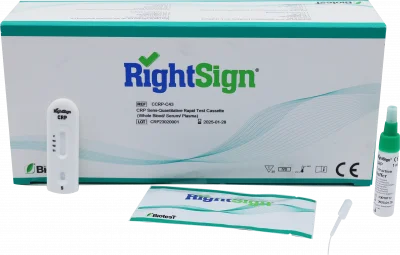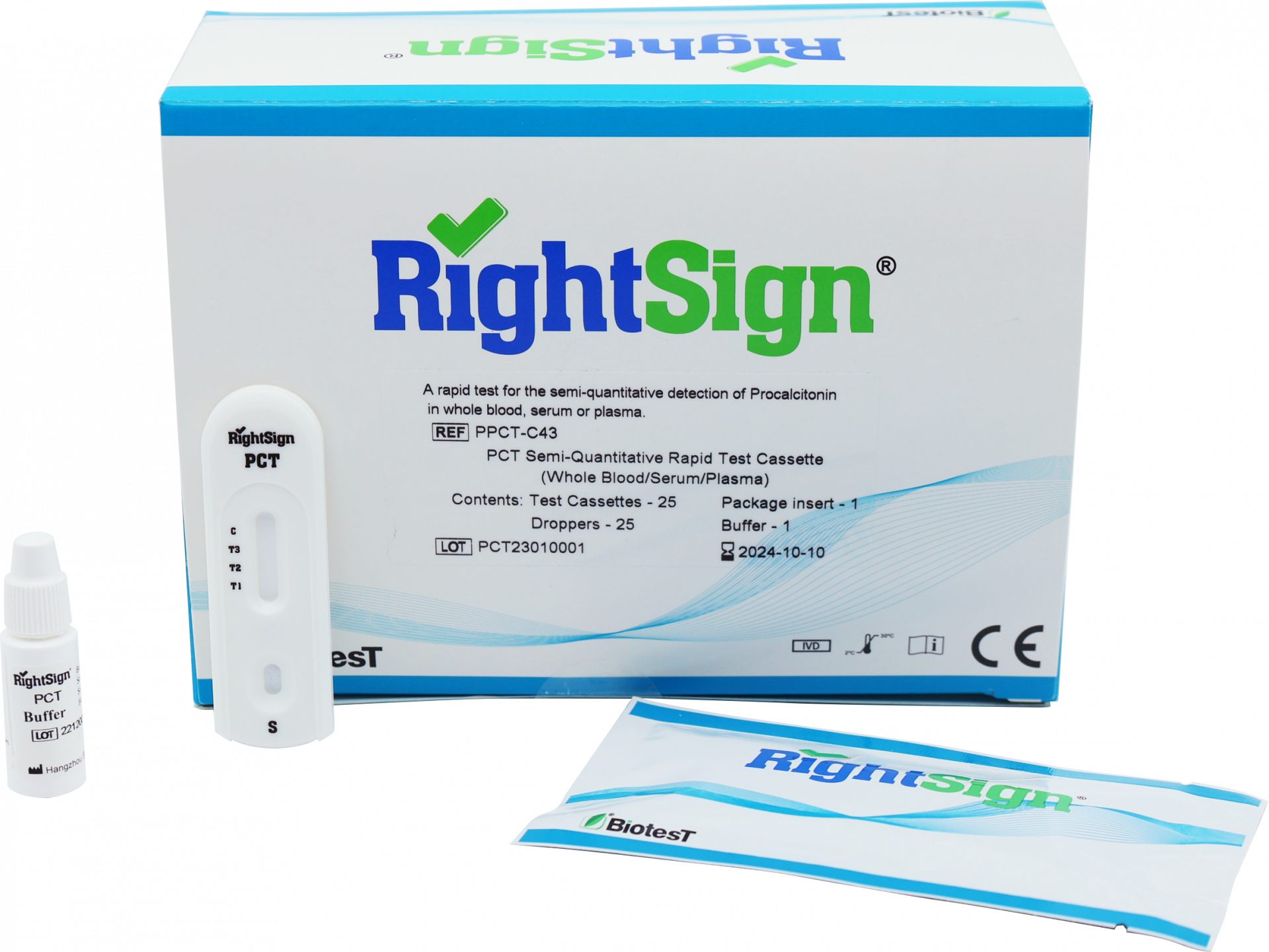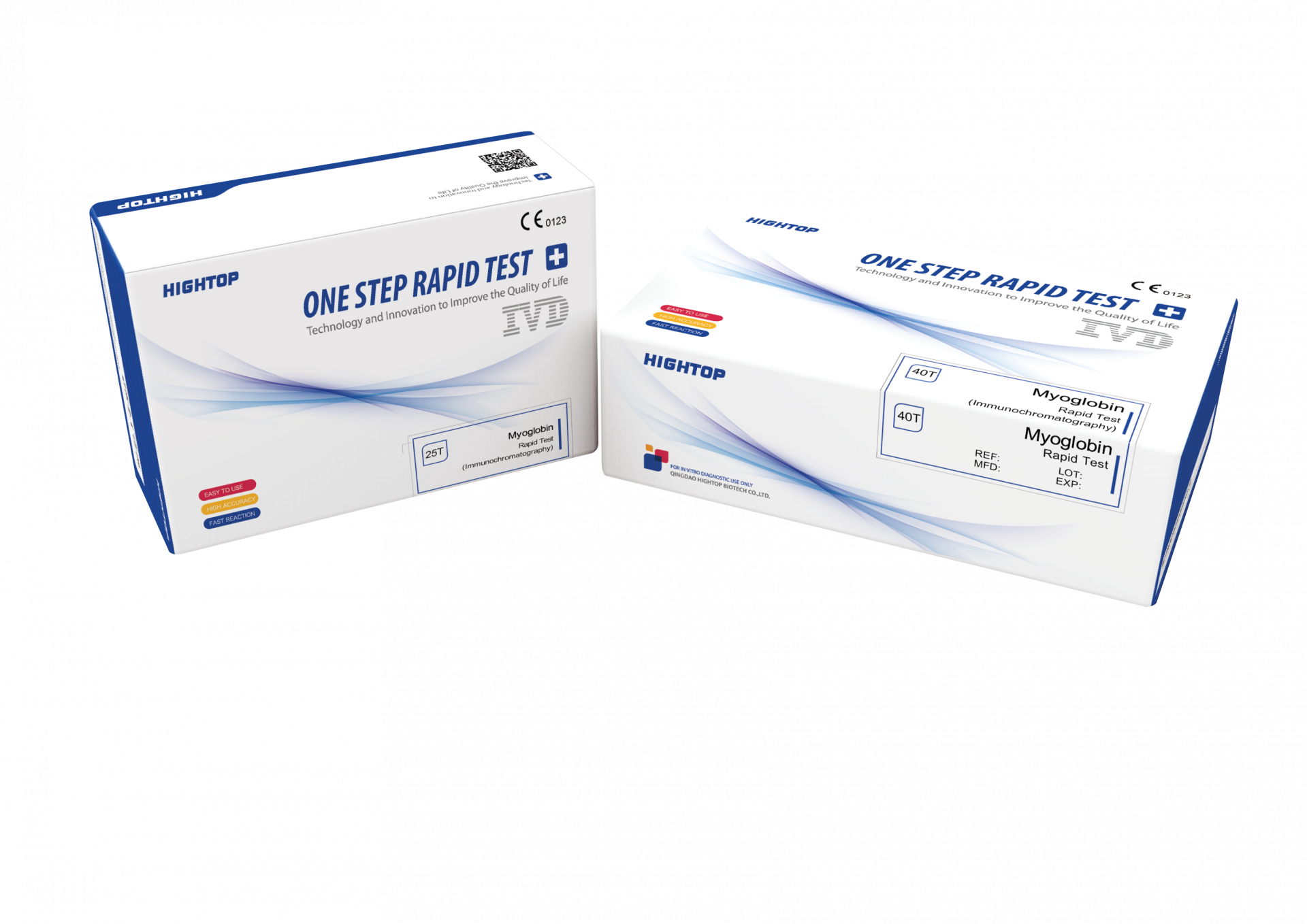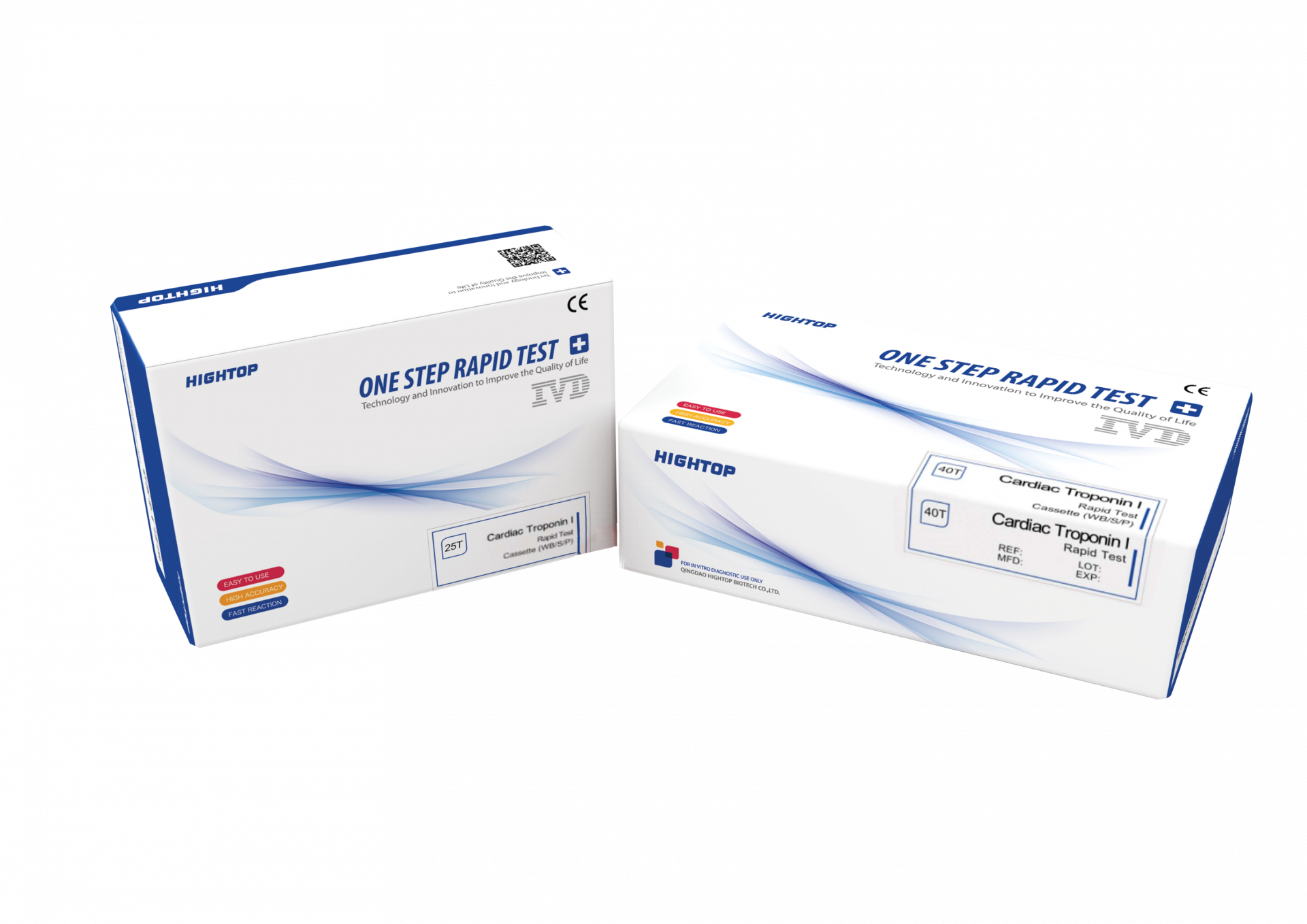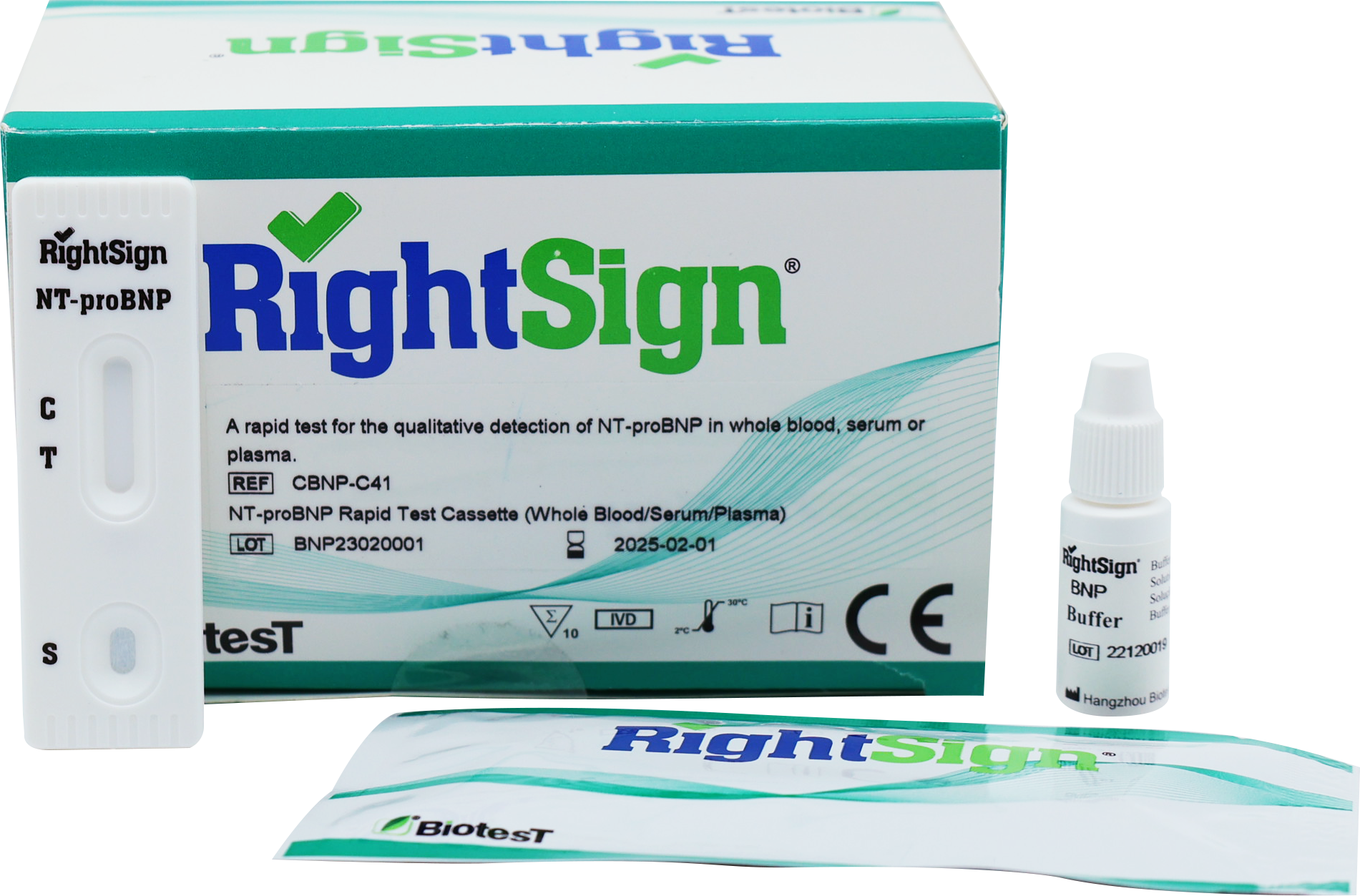Buy Blood Tests
At OdemShop, you will find a variety of blood tests that allow for an accurate diagnosis of a range of diseases. These tests are essential for precise medical assessments.
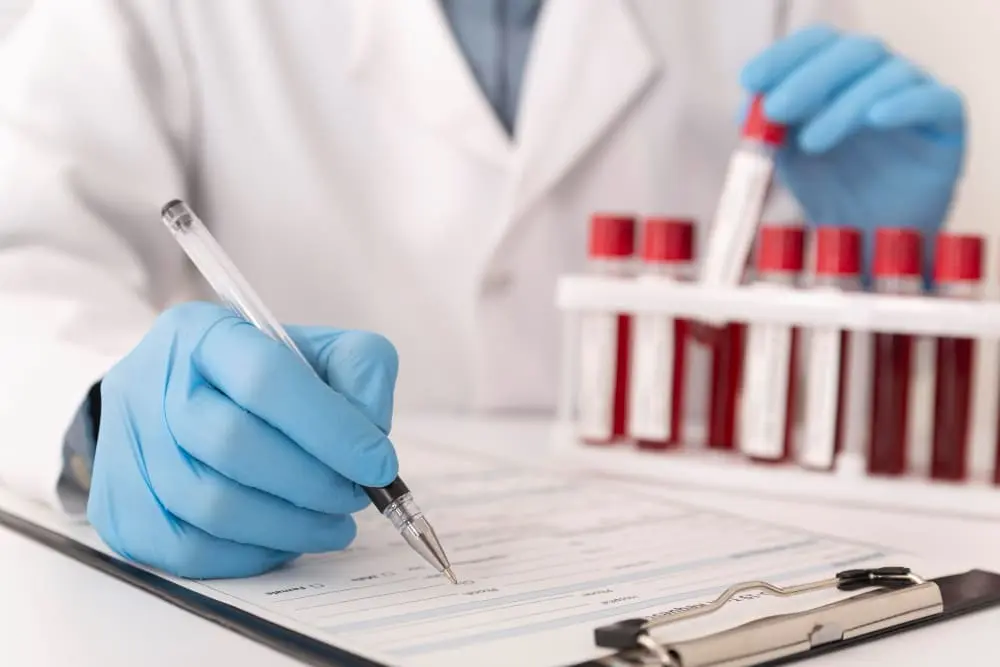
Blood Tests
In the realm of diagnostic medicine, blood tests constitute an indispensable tool, providing clinicians with a window into the complex workings of the human body. These tests, which range from complete blood counts to more specialized assays for markers of disease, can unveil crucial information about an individual's health status.
Among the plethora of blood tests, the most commonly performed include complete blood counts, metabolic panels, and tests for specific markers that reflect the health of the heart, liver, kidneys, and thyroid.
Why are blood tests necessary for diagnosis?
Blood tests are essential diagnostic tools that enable healthcare experts to gain critical insights into a patient's health status by analyzing blood components.
- Complete Blood Count (CBC): This test is indispensable for assessing general health and identifying various medical conditions.
- Diagnostic Assessments: They play a key role in tracking how diseases evolve and how well treatments are working.
- Preventive Screenings: These proactive tests are invaluable for early detection of potential health issues.
- Blood Biomarkers: Precise measurements of these markers are fundamental for an accurate diagnosis.
As an award-winning SEO Specialist, I understand the importance of providing content that is not only informative but also engaging for purchase managers, doctors, elderly homes, and pharmacies. The information above is crafted to ensure that medical professionals can quickly grasp the significance of blood tests in clinical settings.
What can blood test results reveal about the patient's health?
Understanding the multifaceted role of blood tests in clinical diagnostics leads us to explore the specific health indicators that these tests can unveil.
A complete blood count can illuminate anomalies in red blood cells or white blood cells.
A blood glucose test provides critical insight into a patient's glucose levels, potentially indicating diabetes or prediabetic conditions.
What are the most common blood tests performed and what do they measure?
Among the myriad of diagnostic tools available to healthcare professionals, several common blood tests stand out for their ability to measure vital health indicators. These tests include:
- Complete Blood Count (CBC): This test evaluates overall health and detects a variety of disorders, including anemia and infection.
- Blood Glucose Levels: This test measures the amount of glucose (sugar) in the blood and is used to diagnose and monitor diabetes.
- Lipid Profiles: This test measures the levels of cholesterol and triglycerides in the blood, which are important indicators of heart health.
In addition to these tests, there are several other blood tests that healthcare professionals may use to assess specific aspects of a patient's health. These include:
- Liver Function Tests: These tests assess the health and performance of the liver, evaluating liver enzymes and other markers of liver function.
- Thyroid Function Test: This test measures the levels of thyroid hormones in the blood, helping to diagnose and monitor thyroid disorders.
- Glucose Tolerance Test: This test measures the body's response to sugar and is used to diagnose and monitor conditions such as gestational diabetes and impaired glucose tolerance.
Should the patient fast before a blood test?
Fasting before certain blood tests is essential to ensure accurate results, as food and drink can influence the levels of various substances in the blood. When preparing for a blood sample collection:
- Blood tests require fasting for 8-12 hours; typically overnight.
- Common blood tests needing fasting include glucose and lipid panels.
- Test results may be skewed by recent food intake.
- Patients may be asked to fast to avoid repeat testing.
Do specific medications or supplements affect blood test results?
In addition to dietary restrictions, certain medications and supplements can significantly alter blood test outcomes, necessitating discussions with healthcare providers prior to testing. Substances that may affect the result of a common medical test should be disclosed.
Physicians use blood tests to gain vital information, and accuracy is paramount. Whether for regular blood tests or ones where the test measures specific markers, transparent communication about medication and supplement intake is essential.
Types of Blood Tests
Here you will find our main categories:
As purchase managers and professionals in medical practices, elderly homes, and pharmacies, understanding the importance of these tests is paramount. Accurate blood test results are essential for informed decision-making and offering the best care possible.
What do abnormal blood count results indicate?
Abnormal blood count results are key indicators of potential health concerns that may range from vitamin deficiencies to serious conditions such as anemia, infections, or blood disorders.
A low red blood cell count often signals anemia.
Elevated white blood cell counts typically suggest the presence of an infection or inflammation.
Atypical platelet levels may indicate a higher risk of clotting or bleeding disorders.
Variations in hemoglobin levels can reveal complications with the oxygen-carrying capacity of your blood.
For purchase managers, doctors, operators of elderly homes, and pharmacies, understanding these results is critical for proactive health management and ensuring the well-being of patients and residents.
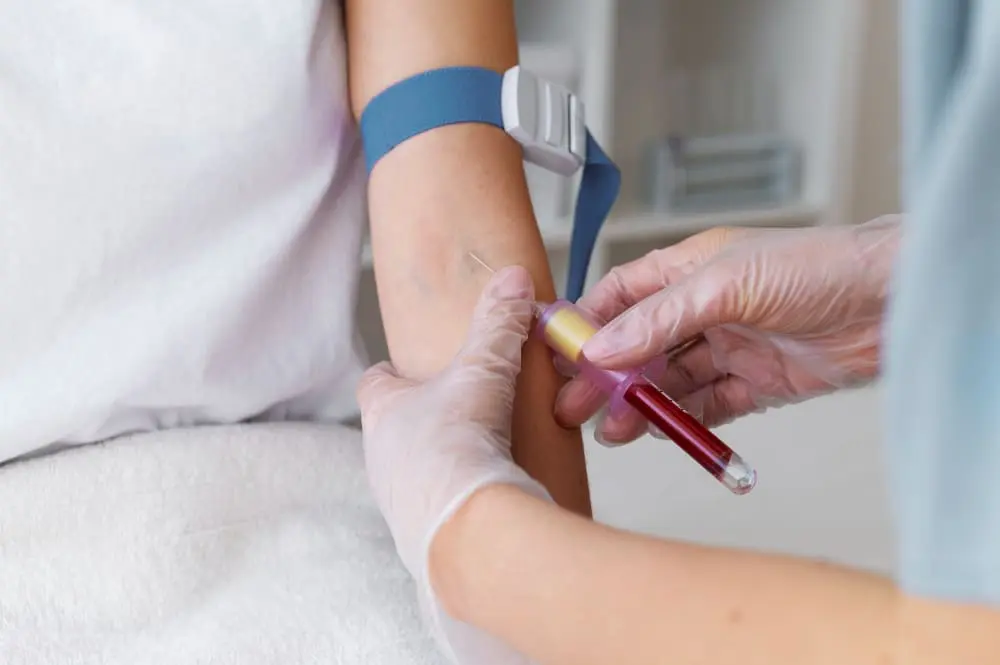
What are the liver function test results evaluating?
Liver Function Tests (LFTs) are a crucial battery of assays aimed at evaluating the health and performance of the liver by quantifying the levels of proteins, liver enzymes, and bilirubin in the bloodstream. These results are pivotal, as they provide insight into the liver's ability to carry out its essential functions.
Enzymes, a type of protein crucial for metabolic activities, are closely monitored, with alkaline phosphatase levels being a prime example. When the tests are conducted, it is the responsibility of a healthcare professional to interpret the outcomes, ensuring accurate understanding for appropriate clinical decisions.
Whether you are a purchase manager sourcing diagnostic tools, a doctor monitoring patient health, an elderly home supervisor overseeing resident care, or a pharmacy ensuring the availability of necessary tests, understanding the significance of LFTs is essential.
What does the C-reactive protein (CRP) test measure?
While liver function tests offer a window into the hepatic system's health, the C-reactive protein (CRP) test provides critical insights into the presence and intensity of inflammation within the body.
C-reactive protein indicates acute inflammation.
Not specific to any condition, suggesting broad-spectrum utility.
May guide treatment decisions.
Elevated levels can prompt further investigative blood tests.
What does a thyroid function test encompass?
A thyroid function test typically comprises a series of blood tests designed to assess the efficiency and health of the thyroid gland by measuring levels of thyroid hormones and thyroid-stimulating hormone (TSH) in the blood.
These common tests are integral to diagnosing and managing thyroid disorders.
Phlebotomy is performed to collect the requisite amount of blood, ensuring accurate blood test results for optimal patient care.
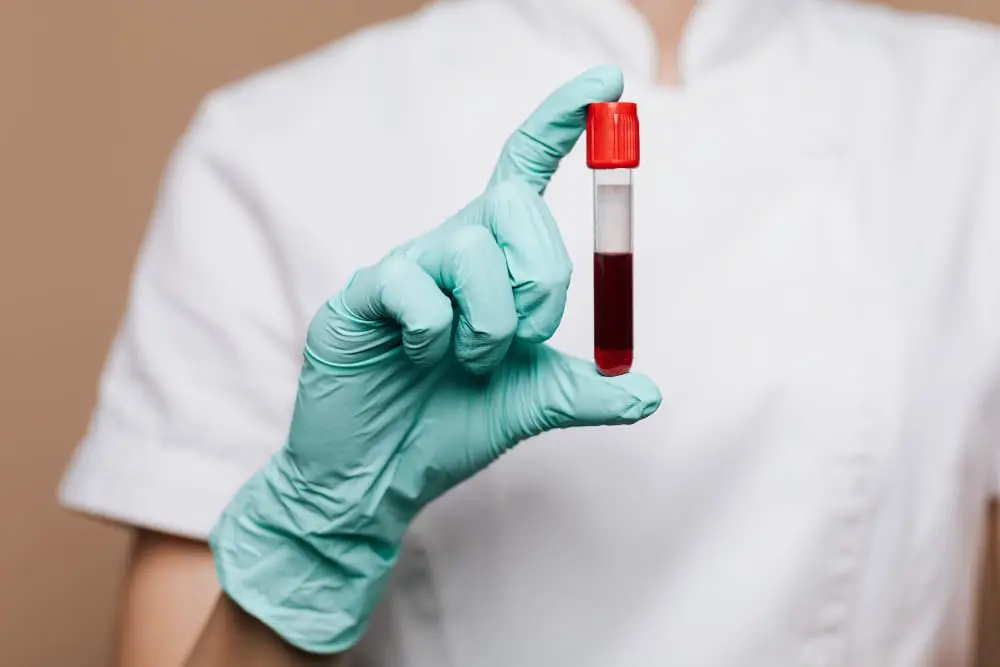
The advantages of genetic Testing
Genetic testing, a critical component of modern blood tests, offers a profound insight into an individual's genetic predispositions and the potential for inherited diseases. The advantages include:
- Early detection and prevention strategies for conditions like prostate cancer
- Informed decision-making for family planning
- Personalized medicine approaches based on genetic makeup
- Enhanced screening capabilities, such as using the fecal occult blood test to screen for colorectal cancer
Understanding specific blood test results
Building upon the foundation of genetic testing, various blood tests are available that provide critical information regarding a person's health, each with specific result interpretations.
A sample of your blood is sent to a laboratory, where the type of test may affect the result. Factors such as diet, medication, and underlying conditions can influence outcomes, necessitating a nuanced analysis by medical professionals to accurately assess your health status.
Where to buy Blood Tests in Wholesale?
Securing wholesale blood tests for medical facilities or resale can be done via OdemShop. We are known for our quality and reliability in the healthcare industry.
Bulk orders of blood tests done with precision
Systems for streamlined online appointment scheduling
Supplies tailored for hospital or to your GP's specifications




